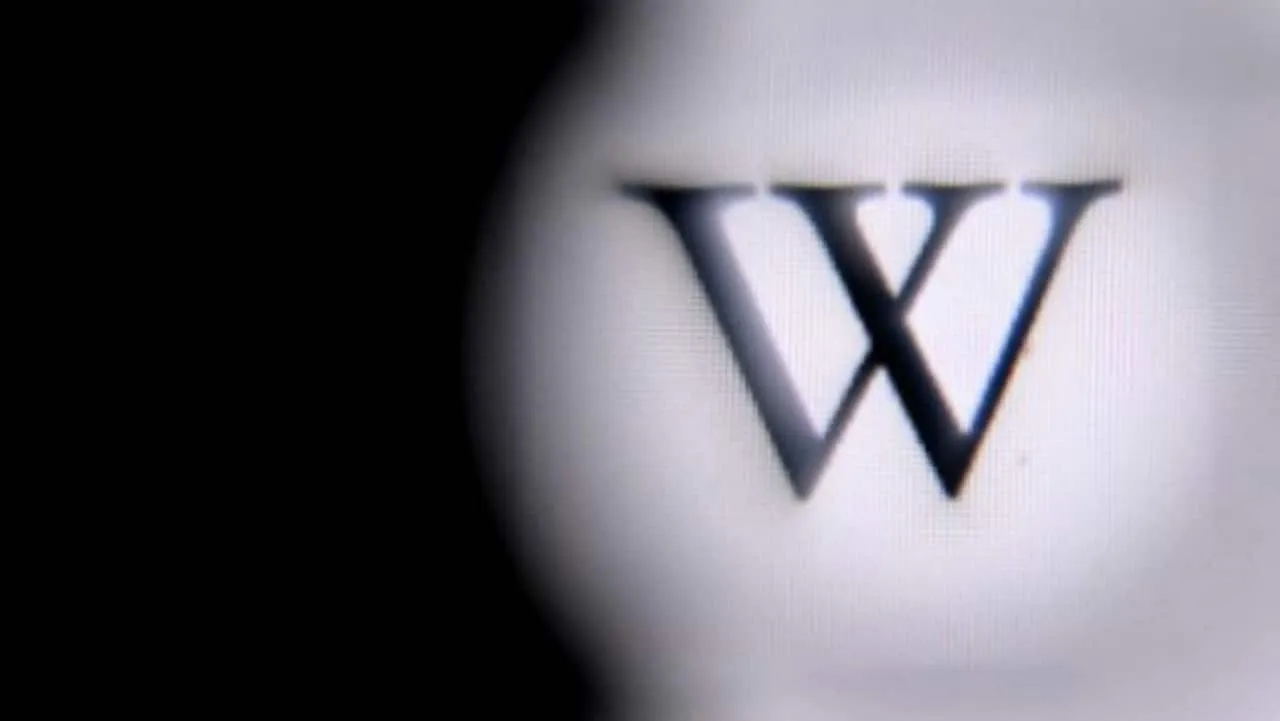Exploring the Impact of the Supreme Court's Judgment on Wikipedia's Role in India

Introduction to Wikipedia's Role in India's Knowledge Revolution
Recent developments surrounding the Delhi High Court's remarks on Wikipedia have sparked significant concern. The suggestion that Wikipedia could face a ban in India due to a petition from ANI is troubling and threatens the very essence of the knowledge revolution that India is experiencing.
Wikipedia stands as a monumental achievement in the realm of free and open information. It operates on the principles of transparency and collective wisdom, with volunteers worldwide contributing to its extensive database without financial gain.
Indian Jurisprudence and Digital Freedoms
The Shreya Singhal verdict in the Supreme Court in 2015 highlighted the importance of protecting free speech while ensuring that restrictions are carefully justified. Similarly, the MouthShut.com vs. Union of India case emphasized the need for nuanced regulations that respect digital platforms' roles in protecting consumer rights and fostering free expression.
Threats to Wikipedia and Public Discourse
The recent remarks from the Delhi High Court suggesting a potential ban on Wikipedia overlooks these principles. Wikipedia's role is distinct from social media platforms like TikTok or Instagram, as it thrives on a model of volunteerism, where scholars and enthusiasts collaborate to maintain accuracy.
Conclusion: Imperatives for Protecting Knowledge
India, having missed the industrial revolution, cannot afford to miss the current knowledge revolution. Rabindranath Tagore envisioned a world where knowledge is free, aligning with Wikipedia's mission. Threatening such a vital resource undermines the foundation of intellectual freedom and progress.
This article was prepared using information from open sources in accordance with the principles of Ethical Policy. The editorial team is not responsible for absolute accuracy, as it relies on data from the sources referenced.